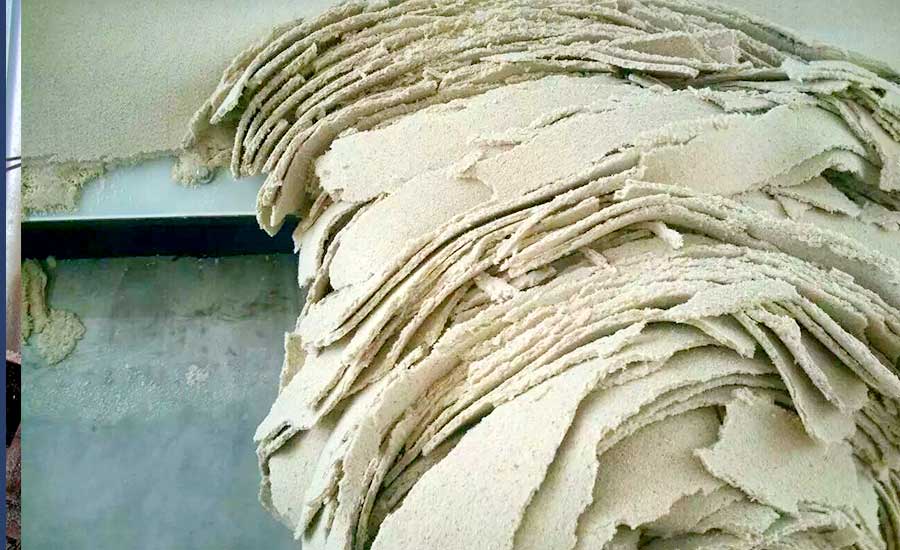Food Industry: Widely used in the food industry. It can be used as a thickening agent to make sauces, soups, etc., so that the product has appropriate consistency and stability; in baked goods, adding wheat starch can adjust the properties of the dough, improve the taste of the pastry, and make it crisper; It is used to make traditional Chinese pasta, such as Liangpi, which can make the Liangpi taste smooth and chewy.
Papermaking industry: Wheat starch can be used as a paper sizing agent to form a protective film on the surface of the paper, improving the strength, water resistance and printing adaptability of the paper, reducing ink penetration, and making the printing effect clearer.
Textile industry: As a sizing agent, it is coated on the yarn to increase the strength and wear resistance of the yarn, reduce the breakage rate during the weaving process, and improve production efficiency.
Other industries: In the pharmaceutical industry, wheat starch can be used as a filler and disintegrant for tablets; in the chemical industry, it can be used to produce degradable plastics and other products.
Economic benefits and environmental considerations of wheat starch factories
Economic benefits: The economic benefits of a wheat starch factory are affected by many factors, including raw material cost, production scale, product quality and market price. Reasonably controlling raw material procurement costs, optimizing production processes to improve product quality and output, and expanding sales channels can enhance the economic benefits of enterprises. For example, we have established long-term cooperative relationships with local wheat growers to ensure a stable and reasonably priced supply of raw materials; we have improved starch extraction rate and product purity through technological innovation to enhance market competitiveness.
Environmental considerations: Wastewater, waste residue and other pollutants will be produced during the production process. Wastewater contains a large amount of organic matter, such as protein, starch, etc., which will cause environmental pollution if directly discharged. Therefore, starch factories need to be equipped with starch factory sewage treatment facilities and use biological treatment, physical and chemical treatment and other methods to treat the wastewater to meet standards and then discharge it. The waste residue is mainly bran, etc., which can be comprehensively utilized, such as sold as feed, to realize the recycling of resources and reduce the pressure on the environment.
Huatai supply all kinds of starch processing machine, any need please email to info01@starchproduction.com
